Brake Brilliance: Unveiling the Secrets to Choosing the Perfect Brakes for Your Kiwi Cruiser
Selecting the right brakes for your Kiwi cruiser is a decision that goes beyond the ordinary. It’s about understanding the unique conditions of New Zealand roads and ensuring both safety and optimal performance. In this guide, we’ll break down the essentials, helping you make an informed choice for your vehicle.
Understanding the Basics: Your braking system is a complex network, and understanding its fundamentals is crucial. Disc brakes and drum brakes are the most common types, each with its advantages. Regular maintenance is key to ensuring longevity and reliability.
Brake Types: For Kiwi drivers, the choice between disc and drum brakes depends on your driving style and the conditions you regularly encounter. Performance brakes are an option for enthusiasts seeking enhanced stopping power.
Kiwi Driving Conditions and Brake Performance: New Zealand’s diverse terrains demand brakes that can handle anything from coastal drives to mountainous regions. Consider how your driving conditions impact brake wear and choose accordingly.
Signs Your Brakes Need Attention: Squeaking, grinding, or vibrations during braking are signs that your brakes need attention. Regular inspections help identify issues before they become serious.
Brake Pads: Choosing the Right Material: Brake pads play a pivotal role in your braking system. Choose between organic, semi-metallic, and ceramic pads based on your driving habits and the climate you navigate.
Brake Rotors: A Comprehensive Guide: Explore different rotor types – vented, drilled, and slotted – to find the one that suits your driving style and conditions.
Kiwi-Approved Brands and Products: Reputable brands like [Brand 1], [Brand 2], and [Brand 3] offer reliability. Customer reviews provide insights into product performance.
DIY Brake Maintenance: Tips and Tricks: Perform regular brake inspections, replace brake pads if comfortable, and bleed the brakes after component replacements. A basic toolkit is essential for at-home maintenance.
Brake Fluid: The Lifeblood of Your Braking System: Regularly check and replace brake fluid to maintain optimal performance. Choose the right fluid based on your vehicle’s specifications and the climate you drive in.
The Future of Braking Technology: Keep an eye on advancements like regenerative braking and Advanced Driver Assistance Systems (ADAS) for future vehicle upgrades.
Conclusion: Choosing the perfect brakes for your Kiwi cruiser is a blend of understanding your vehicle, your driving habits, and the unique conditions of New Zealand roads. By considering the factors outlined in this guide, you can confidently make a choice that ensures safety and enhances your driving experience on the diverse roads of Aotearoa.
 NZD
NZD
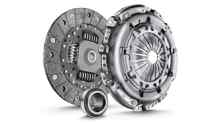
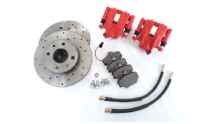
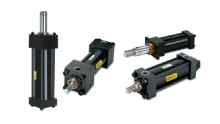
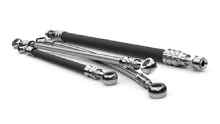
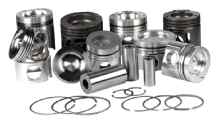
.jpg)
.jpg)
.jpg)
.jpg)

.jpg)
.jpg)



